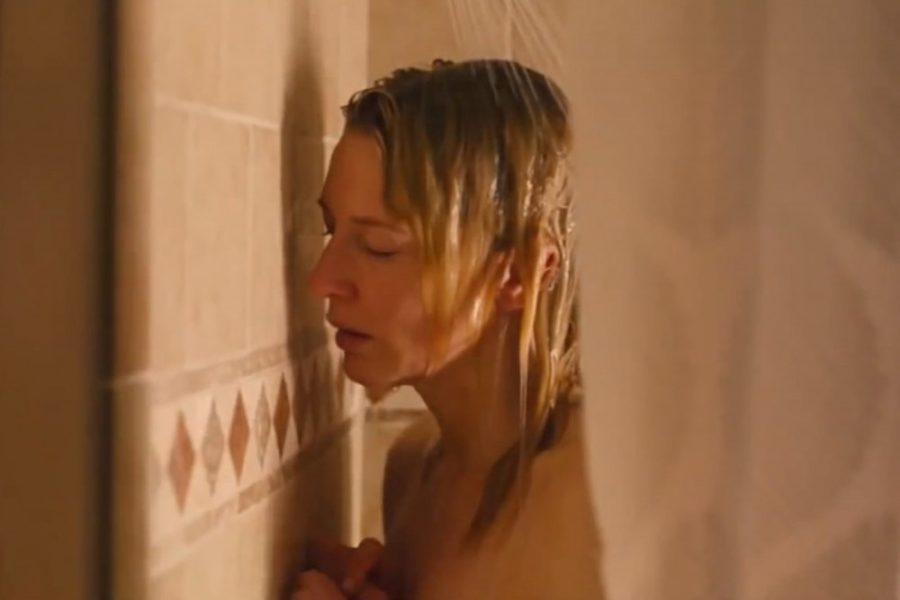Renowned filmmaker Woody Allen, whose movie “Blue Jasmine” is up for multiple Oscars this year, has found himself caught in a controversy.
On Feb. 1, “An Open Letter From Dylan Farrow” was published in the New York Times. Dylan Farrow was adopted by Allen and Mia Farrow, who were in a relationship for more than a decade. In the early ’90s, Allen and Mia Farrow split after it was revealed that the 56-year-old Allen was having an affair with Mia Farrow’s adopted daughter, Soon-Yi Previn. Previn and Allen continued their relationship and have been married since 1997.
In 1993, amidst a very public child-custody trial, an accusation was made against the critically acclaimed filmmaker: Mia Farrow claimed that Allen, then in his late 50s, had sexually abused Dylan Farrow, age 7. The resulting scandal filled the headlines. The public’s positive perception of Allen has taken a hit throughout the years, but charges were never officially filed.
“An Open Letter From Dylan Farrow” published by Nicholas Kristof, was the first time that Dylan Farrow has written about the alleged abuse. Her op-ed is horrifying, as she details being molested by Allen in the family attic. She paints a nightmare, describing not only multiple acts of inappropriate sexual behavior performed on her by Allen, but also her broken mental state in the aftermath of abuse.
On Feb. 7, Allen published a rebuttal op-ed in the same publication. He writes that the 1993 accusation was nothing more than a ploy to gain leverage in the custody trial. Allen accuses Mia Farrow of brainwashing Dylan Farrow, intentionally hurting her to get back at him and tarnish his image. He quotes Moses Farrow, Dylan Farrow’s brother, as having said, “Knowing that my mother often used us as pawns, I cannot trust anything that is said or written from anyone in the family.”
“Blue Jasmine” has earned Allen a nomination for Best Screenplay, while Cate Blanchett and Sally Hawkins are nominees in the Best Actress and Best Supporting Actress categories, respectively.
In Dylan Farrow’s letter, she specifically called out Blanchett, among others, for continuing to work with her father. Based on her performance, Blanchett has been thought of as the runaway favorite in her category, but Dylan Farrow has put Oscar voters in a moral predicament. If they vote for “Blue Jasmine” in any capacity, are they turning a blind eye to Allen’s personal life or simply rewarding good performance? Does guilt by association apply here to somebody like Blanchett, who has never been a part of any other scandals in her career?
The Academy is no stranger to controversy. Last year, “Zero Dark Thirty” was nominated in multiple categories, but was shut out of the major ones amid fierce political backlash pertaining to its depiction of torture. In 2003, the Academy awarded Best Director to convicted child-rapist Roman Polanski, as well as Best Picture to the film he directed, “The Pianist.”
Polanski’s victory might suggest that Allen, who has never been charged with, much less convicted of, sexual abuse and his counterparts will get a fair shake, but the Academy is hardly predictable in its voting. The expansion of social media will make any potential backlash that much louder. The field of nominees is generally strong across the board and it won’t be a travesty if “Blue Jasmine” doesn’t earn an Oscar.
For all the Oscar talk, award shows are hardly the important part of this story. There is a family fractured and broken. There will likely never be any resolution. And every time Allen makes a new film or does anything notable, it can be assumed that this story will re-surface.









